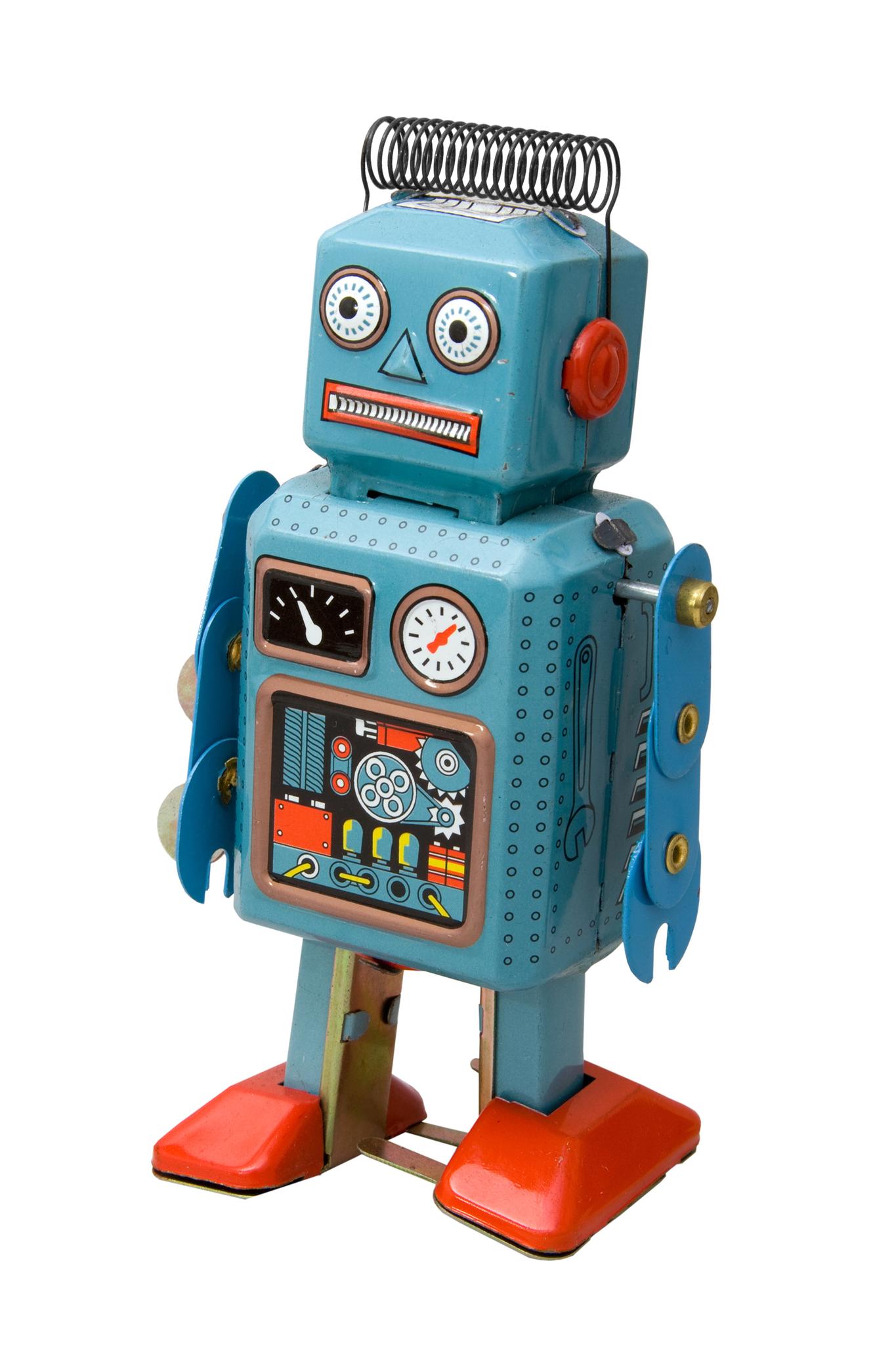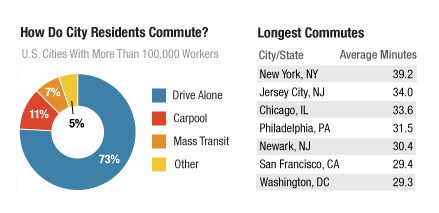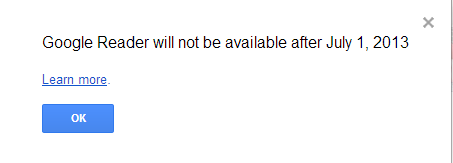What's the worst thing for the average person trying to deal with the incredible growth of social networking?
I'd probably say it is the ridiculous amount of time and energy that adults spend wishing each other 'Happy Birthday!' on Facebook.
But for many other heavy users (and business and professional accounts) of social networking one of the main problems is simply keeping up with the flow of information, finding ways to sift and organize the constant streams of updates, and finding the time and energy to respond, engage, and interact in both a timely and relevant manner.
It is exhausting. A professional connection of yours is always posting about a new job on LinkedIn, someone you are hoping to curry favor with is updating their Facebook status with their latest vacation pics or athletics triumphs of their kids, or some colleagues are mentioning your latest blog post or presentation on Twitter.
You should take the time to say 'Congratulations!' or to 'Like' the fact that little Joey scored 4 goals against a bunch of 6 year-olds, and to say 'Thanks!' to everyone that says something nice about your work on Twitter. You should do those things.
But like I said it is exhausting. And time consuming. And kind of boring.
Enter your friends at Google who are seeking to patent a system/solution for the 'Automated generation of suggestions for personalized reactions in a social network.'
From the text of the patent filing:
The popularity and use of social networks and other types of electronic communication has grown dramatically in recent years. With the increased use and popularity of social networks, the value of these networks has increased exponentially. However, this also means that the number of messages and information each user must process has increased exponentially. It is often difficult for users to keep up with and reply to all the messages they are receiving. Therefore, it is important for user to keep to most critical message based on their interests and more importantly, based on how other users reacted to that message.
Many users use online social networking for both professional and personal uses. Each of these different types of use has its own unstated protocol for behavior. It is extremely important for the users to act in an adequate manner depending upon which social network on which they are operating. For example, it may be very important to say "congratulations" to a friend when that friend announces that she/he has gotten a new job. This is a particular problem as many users subscribe to many social different social networks. With an ever increasing online connectivity and growing list of online contacts and given the amount of information users put online, it is possible for a person to miss such an update.
Ok, we get all that. Too much data, too many contacts, missing updates and opportunities to engage. So what does Google propose to solve these challenges?
The present disclosure overcomes the deficiencies and limitations of the prior at least in part by providing a system and method for generating suggestions for personalized reactions or messages. The system according to the present disclosure includes a suggestion generation module. In one embodiment, the suggestion generation module includes a plurality of collector modules, a credentials module, a suggestion analyzer module, a user interface module and a decision tree. The plurality of collector modules are coupled to respective systems to collect information accessible by the user and important to the user from other systems such as e-mail systems, SMS/MMS systems, micro blogging systems, social networks or other systems. The credentials module cooperates with the plurality of collector modules to allow access to those other systems. The information from these collector modules is provided to the suggestion analyzer module. The suggestion analyzer module cooperates with the user interface module and the decision tree to generate suggested reactions or messages for the user to send. The suggested reactions or messages are presented by the user interface module to the user. The user interface module also displays the original message, other information about the original message such as others' responses, and action buttons for sending, discarding or ignoring the suggested message
Awesome. In case you missed the process flow buried in the dense verbiage here it is simply put:
Since Google knows so much about you (using data from 'e-mail systems, SMS/MMS systems, social networks, and other systems') it thinks that it could generate for you the kinds of personalized reactions you would be likely to post on social media and then post them on your behalf. It still would allow you or a corporate brand marketer to be in the approval process, a dialog or UI would be presented to the user and would ask for an approval before each tweet was sent.
Think about it. Instead of just a calendar pop-up or a Facebook notification telling you that 'So and so's birthday is today', the new Google social media robot would have your appropriately crafted reply all ready to go. Instead of scouring LinkedIn all day for the career ebbs and flows of people that you are interested in, just have the social media robot keep watch for you and let you know only when something that truly requires your attention surfaces. Note: This will hardly ever happen.
I dig it. I hope it gets made. That is what social networking really needs too.
More robots.
Note: The blog is on vacation the rest of the week. To all the folks in the USA, Happy Thanksgiving!



 Steve
Steve



